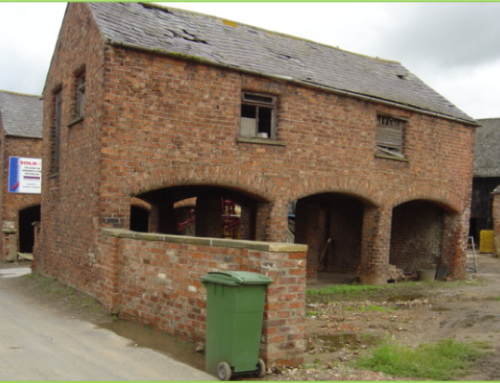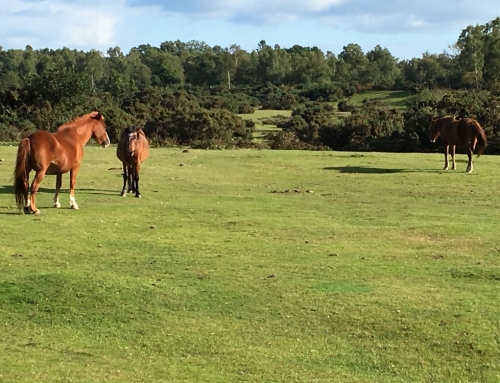Like all new areas of business, the management of real estate to provide services to wider society has spawned a rash of jargon which can clarify issues but can also create a smoke screen for those looking for opportunities. This article will demystify some of the jargon and help developers, farmers and land-owners to assess the opportunities available to them. When I say new, these terms started to be used in the 1970s, but have become regular parlance in the last 10 years, with Government backing in the EU and UK.
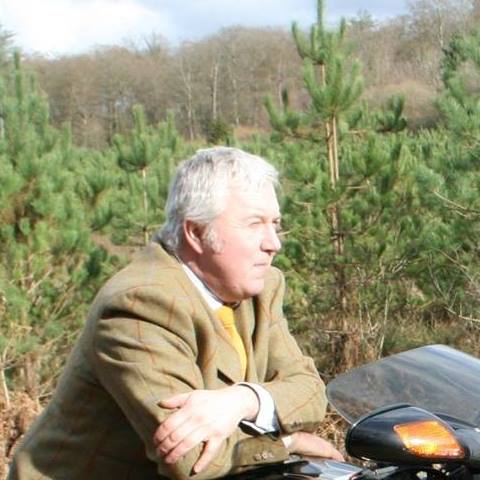
Natural capital is defined by the Natural Capital Coalition as the world’s stocks of natural assets that includes geology, soil, air, water and all living things. It is from this natural capital humans derive a wide range of services, often called ecosystem services, which make human life possible.

Eco-system Services are a wide range of services required by humans. These can be grouped into 4 categories:
There have been financial markets established, for many of these services, since time immemorial: Farmers have sold food, foresters have sold timber, miners have sold minerals and land-owners have charged for events on land. In recent years society has recognised that in order to create and protect the homes, water and food that we need, there are other eco-system services which create real savings and value. Some practical examples of deals that have been negotiated include:
Habitat Creation to move protected species
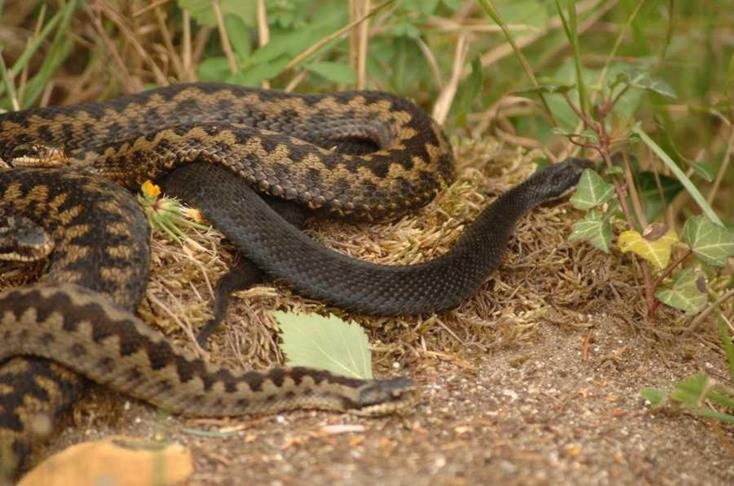 Developments may be affected by the discovery of protected species, such as bats, reptiles, amphibians and many species of mammals and birds. The preferred option is to create habitat within the development for the creatures. When this is not possible, a developer will enter into an agreement with another landowner to create and manage suitable habitat away from the site.
Developments may be affected by the discovery of protected species, such as bats, reptiles, amphibians and many species of mammals and birds. The preferred option is to create habitat within the development for the creatures. When this is not possible, a developer will enter into an agreement with another landowner to create and manage suitable habitat away from the site.
An example of this was the Dubai Ports’ development of the former Shell oil refinery in Essex. Owing to the tens of thousands of protected species found on the derelict site Dubai Ports worked with a local Charity to develop a new nature reserve, into which the animals could be relocated.
Planting of woodland to store carbon
Trees “inhale” carbon dioxide through small holes in the underside of leaves. By using sunlight and water, trees absorb the carbon, making cellulose and storing it in the tree as wood, and exhale oxygen into the air. Natural England estimates that commercially managed forests accumulate up to 100 tonnes of carbon per hectare. Carbon Credit Trading with companies who create CO2 can create value for landowners.
Creation of habitat to extract or reduce nitrogen levels in water run off
In May 2019 the UK Government created 91 Marine Conservation Zones around the coast of Great Britain and Northern Ireland. Some of these are adversely affected by the run off of nitrogen from farmland and sewage treatment works, to the extent that Natural England are preventing development of homes and care homes in South Hampshire and West Sussex unless the nitrogen produced by any development, in its sewage, is offset by reduction of nitrogen pollution by farming. This may take the form of removing agricultural land from productive farming and planting woodland or by creating wetland habitat to extract the nitrogen from the water run-off.
Provision of Suitable Alternative Green Space to reduce the impact of people.
There are many areas of Southern England with:
• High population density,
• A requirement for more houses and
• Close to highly protected habitats, often lowland heaths.
Much is discussed about the effect of cats on wildlife but, putting cats aside, the concern is that more people will use the heaths to walk, cycle and ride on and exercise their dogs. This could degrade the internationally important habitat. To offset this, several local authorities have ensured that new developments fund Suitable Alternative Natural Green Space. (SANGS) This could be any type of land which is suitable for informal recreation. As this will have facilitated development then monetary value is created.
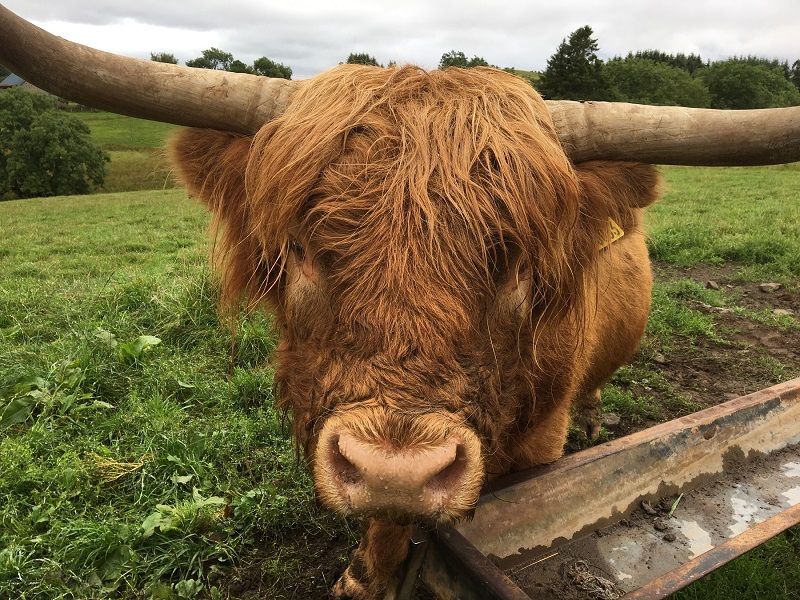

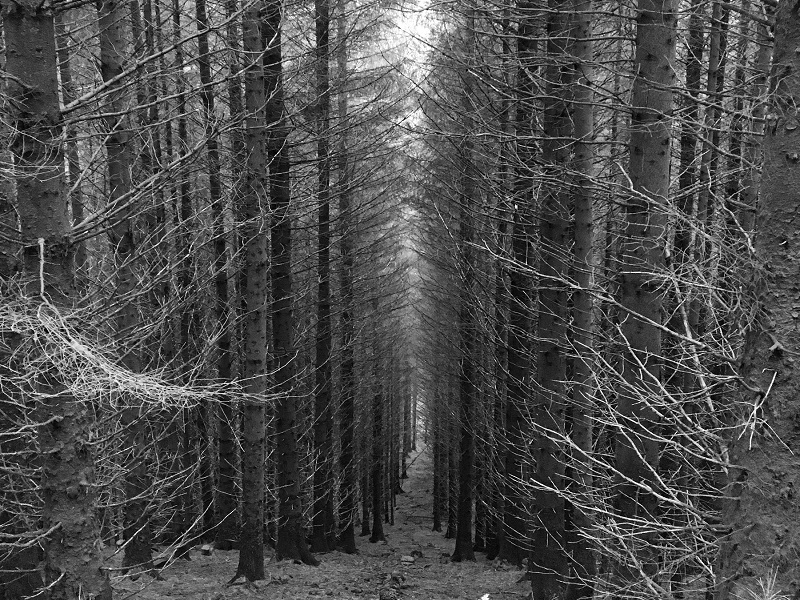
Helping people understand and create value in real estate
Restoration of habitat to facilitate development.
Occasionally a site is suitable for development, but it will adversely affect a habitat or the flow of water through an area. Discussions with Natural England or the County Wildlife Trust may indicate that the creation of this habitat, or improvement of a natural wetland habitat close-by, will facilitate the completion of the development. Again, a scheme like this will have created significant value for the developer and land-owner which can be shared with the owner of the land on which the habitat has been improved. A development of 50 houses enabled £250,000 of mire restoration in Dorset.
Skinner Holden Property Advisors have specialised in the management, valuation and development of rural property, with extensive experience in negotiating eco-system services agreements for developers and landowners across Southern England. From translocation of protected species to new habitat, to nitrogen off-setting and provision of suitable alternative green space for recreation. All of these opportunities can benefit your estate or farm.
Our experience and contacts can also be invaluable to developers struggling to find solutions to environmental barriers to development. If you have any opportunities or issues that you would like to discuss, please feel free to call Iain at Skinner Holden Property Advisors on 07827 394720 or email iainskinner@skinnerholden.co.uk
©Iain

